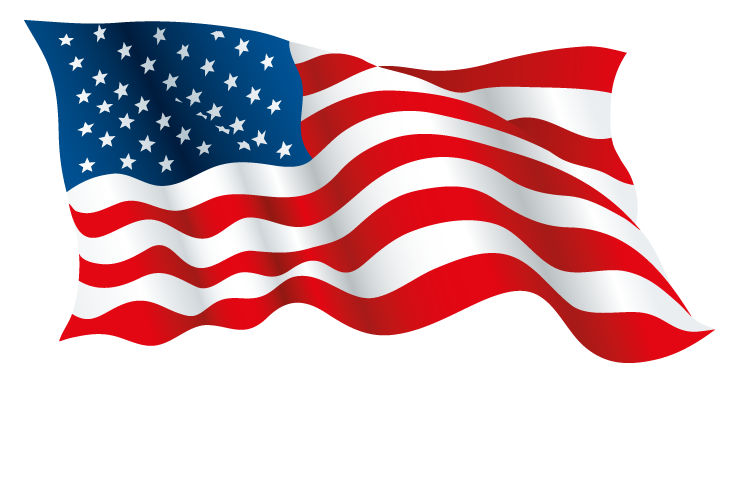Closed Loop Enclosure Air Conditioners vs. Fans: What You Should Know

When selecting a temperature control solution for electrical enclosures in applications such as telecommunications, water treatment plants, manufacturing plants, or industrial complexes, several factors must be considered. These factors will determine whether a filtered fan system or closed loop enclosure air conditioner is the best choice for protecting the electrical equipment from damage.
Heat generated inside an enclosure by equipment such as transformers, motor drives, or power supplies, as well as heat absorbed by the enclosure from direct sunlight or high ambient temperatures, may degrade the equipment’s performance or cause it to fail permanently.
To help determine the optimal cooling solution for any given industrial application, a comparison of closed loop enclosure air conditioners with fans reveals some similarities, as well as quite a few differences.
How are Closed Loop Enclosure Air Conditioners and Fans Similar?
Both fans and enclosure air conditioners rely on an adequate flow of ambient air, whether over condenser coils to cool and condense hot refrigerant gas prior to its expansion through the evaporator, or simply over the electrical equipment itself, to increase the natural dissipation of heat.
How are they different?
However, there are more differences than similarities between the two cooling solutions.
Cost
Filtered fans are a less costly alternative than enclosure air conditioners, but they are not appropriate for use in situations where air flowing directly into the enclosure would expose the sensitive equipment to oil, water sprays, chemical fumes, or large amounts of dust and debris.
Cooling Capacity
In some situations, the temperature surrounding an enclosure may be too high to achieve the amount of cooling required through forced air convection alone. This can occur when the enclosure is located indoors near high-heat industrial equipment, outdoors in a hot climate, or in a spot that receives large amounts of solar heat.
In other cases, the heat load inside an enclosure generated by the equipment itself may be too high for cooling with a simple fan.
Which option is better?
The above situations would do best with a closed loop cooling system, such as an enclosure air conditioner. Closed loop systems protect the components in the enclosure from outside contaminants, such as dirt, dust, or liquids, which may be deposited on the electrical components.
Air conditioners come in models suited for many types of enclosures, including those with NEMA 12, 4, and 4X ratings. The correct rating for a given situation will depend on the enclosure’s location and the types and amounts of airborne contaminants in the environment.
Enclosure air conditioners built with a thermal expansion valve, as opposed to a capillary tube, provide better control and balance of refrigerant flowing through the evaporator. The valve makes the system more efficient, maintaining more cooling capacity over a wide temperature range, and a higher cooling capacity than filtered fans can provide.
All air conditioners tend to produce water as a result of condensation on the cold evaporator coil. In order to prevent water leakage from the unit, which may cause a safety hazard, some enclosure air conditioners include a condensate evaporation system that also reduces the energy used by the compressor.
More options for tough applications
Additional options and accessories make enclosure air conditioners even more suited to particular applications. Some are available with integrated heaters to provide total temperature control for an enclosure–not just from the heat of summer, but also from the cold of winter. Some manufacturers offer electrostatic coil coating to prevent corrosion from salt or harsh chemical environments.
In some industrial situations, such as flour mills, cement plants, or coal-fired power stations, large amounts of airborne dust would quickly clog the standard filter on an enclosure air conditioner. Some manufacturers offer heavy duty extended filters as an option. Vibration packages are also available for use on cranes, moving vehicles, and in other vibration prone locations.
The many options and accessories available, as well as the superior protective and cooling capabilities of closed loop enclosure air conditioners, make them a better solution than fans for many applications.
For more help in evaluating cooling solutions for electrical enclosures, please contact the expert support team at Thermal Edge.

